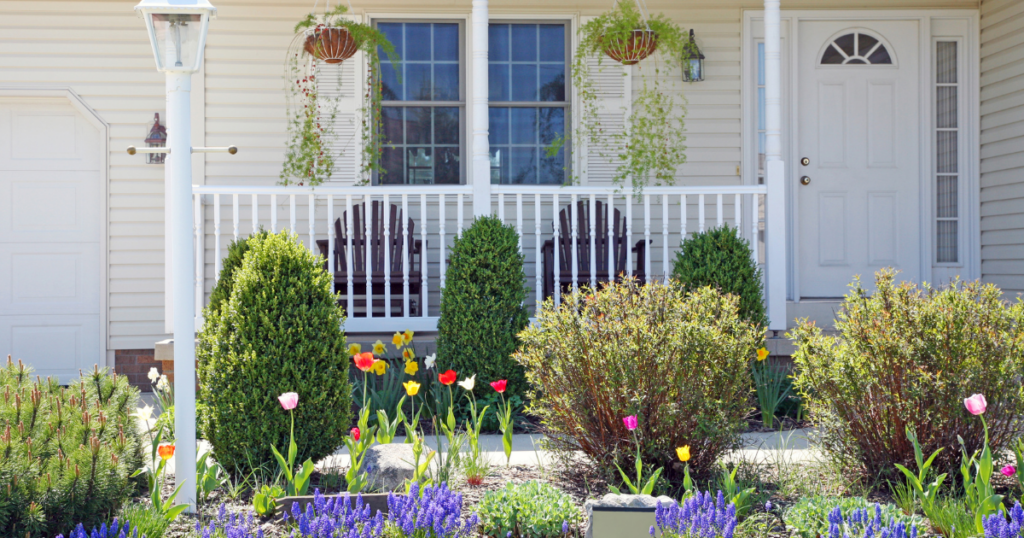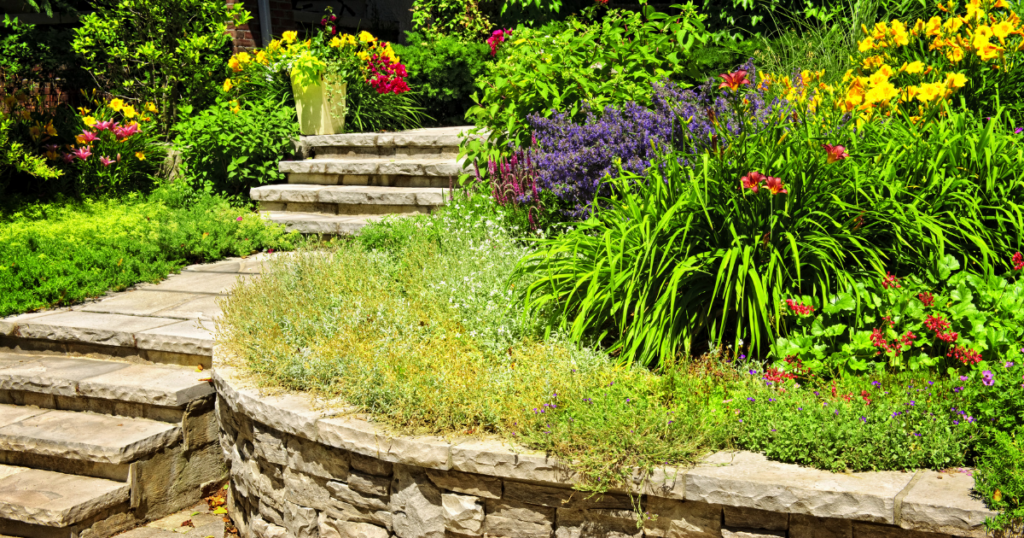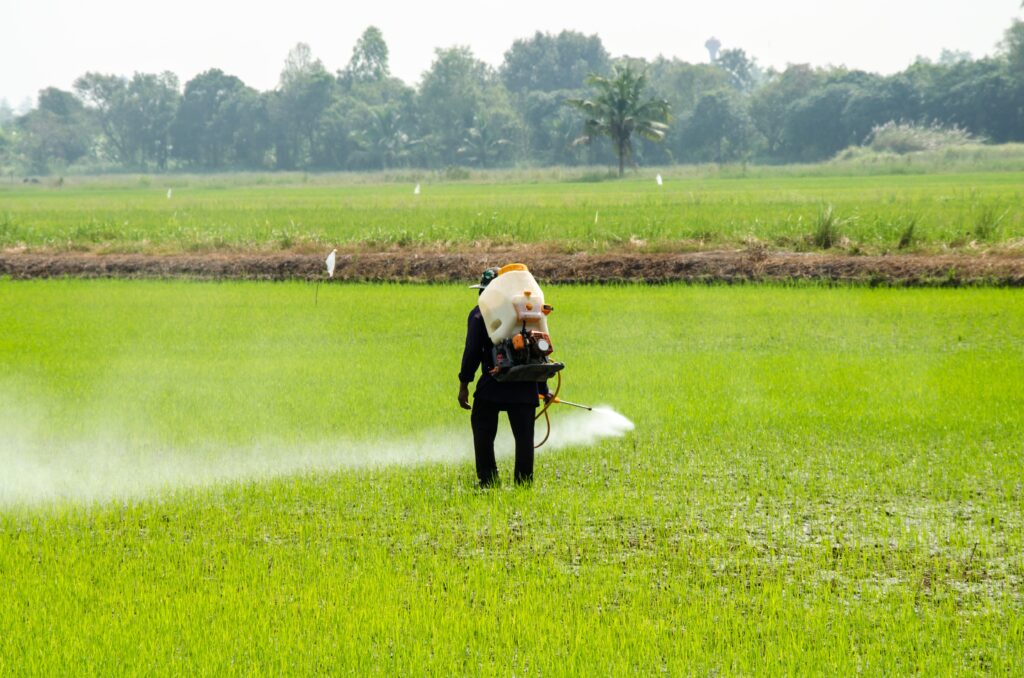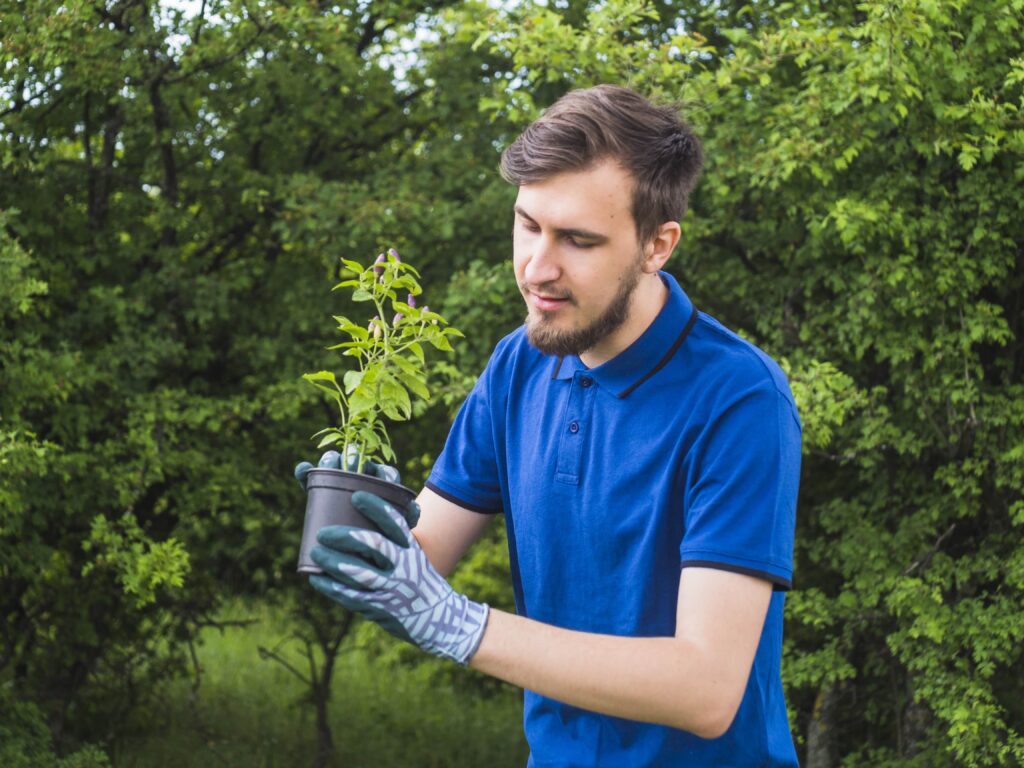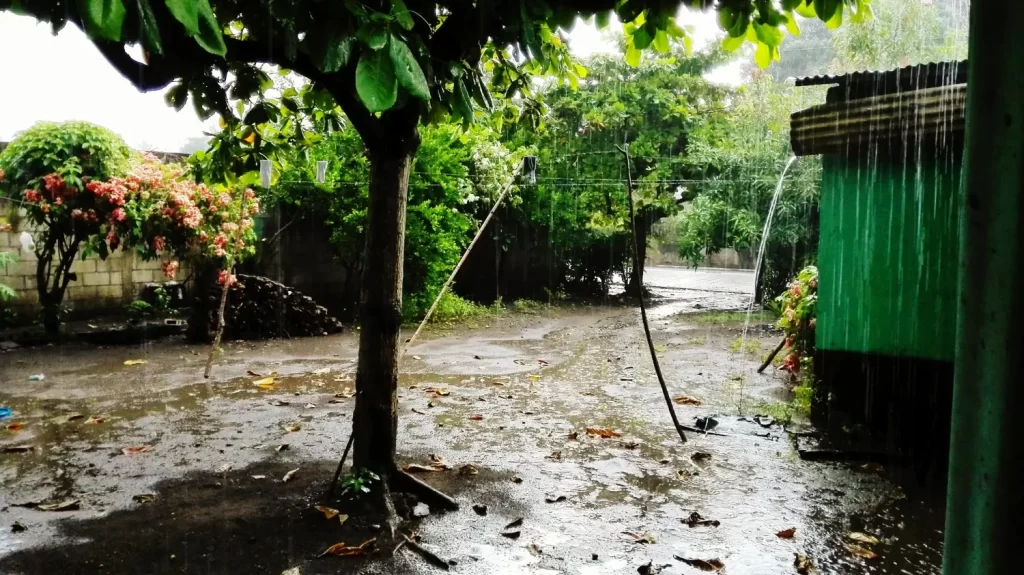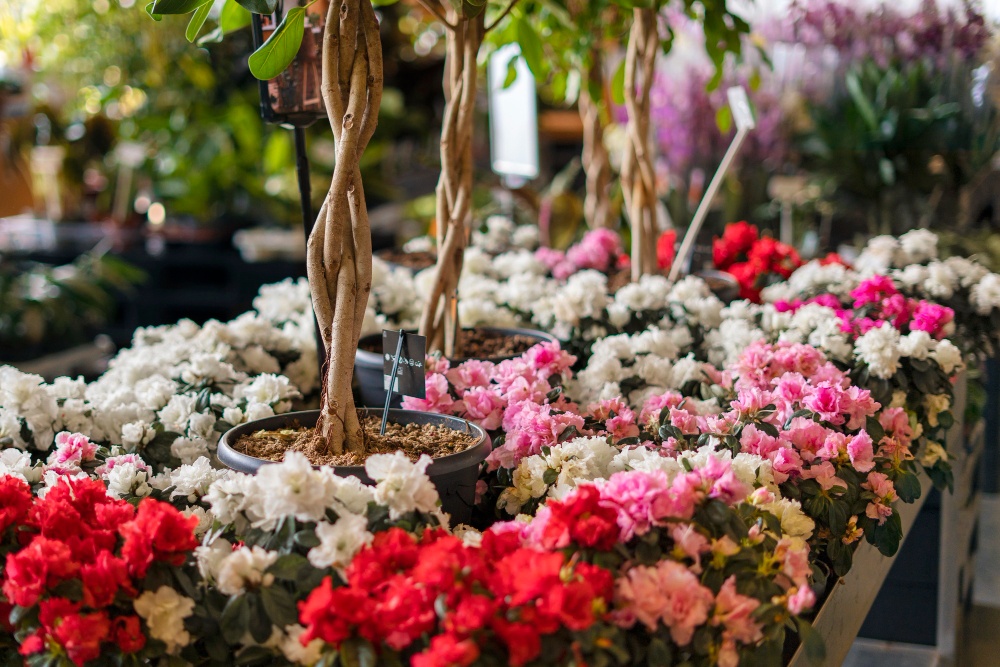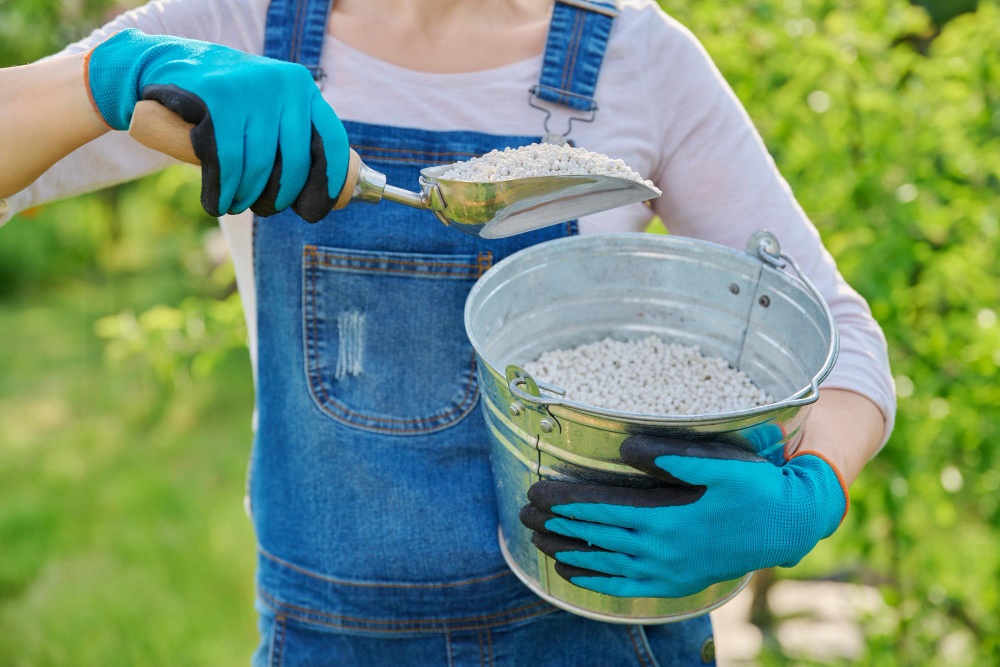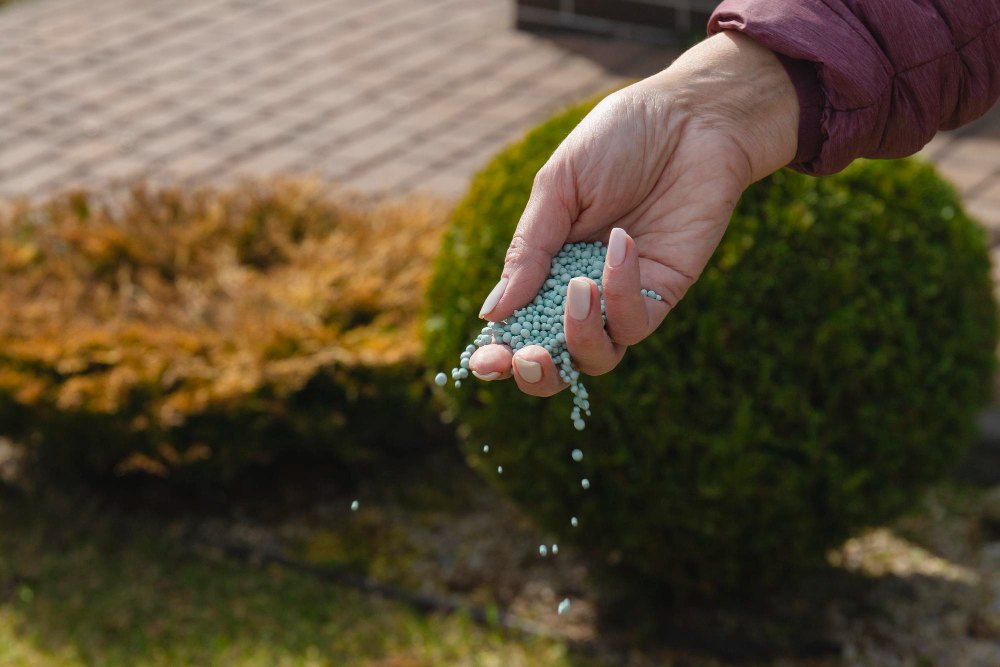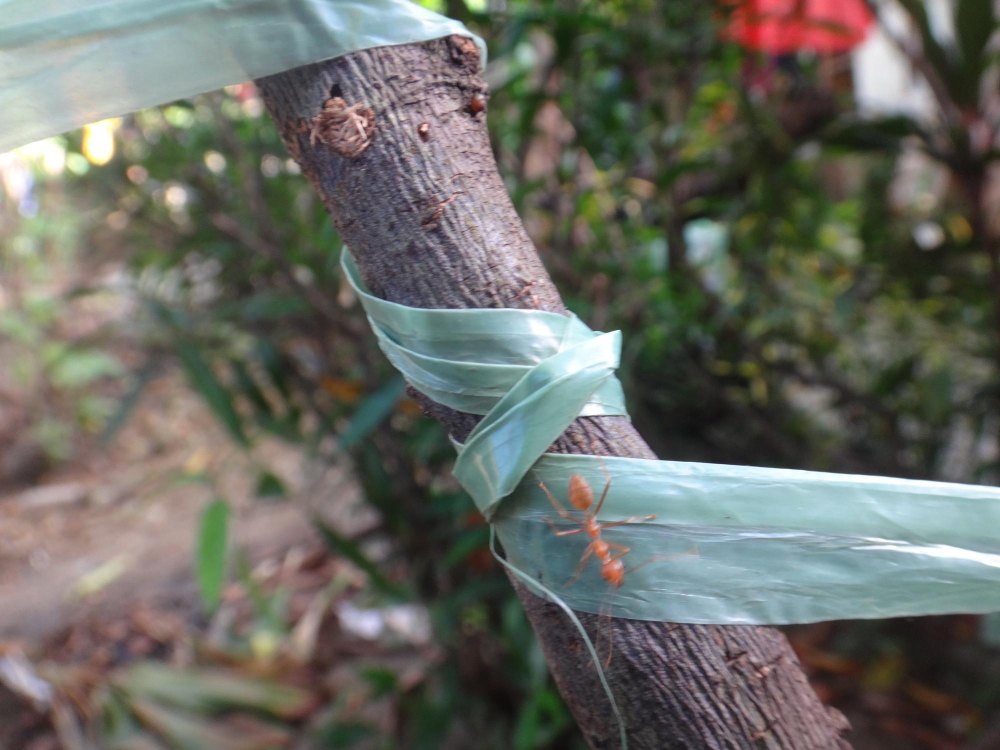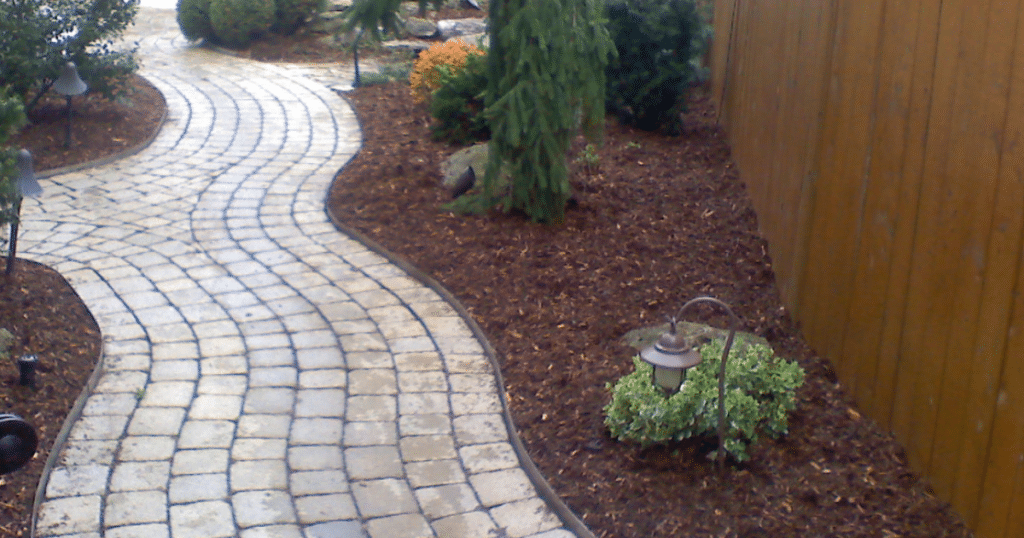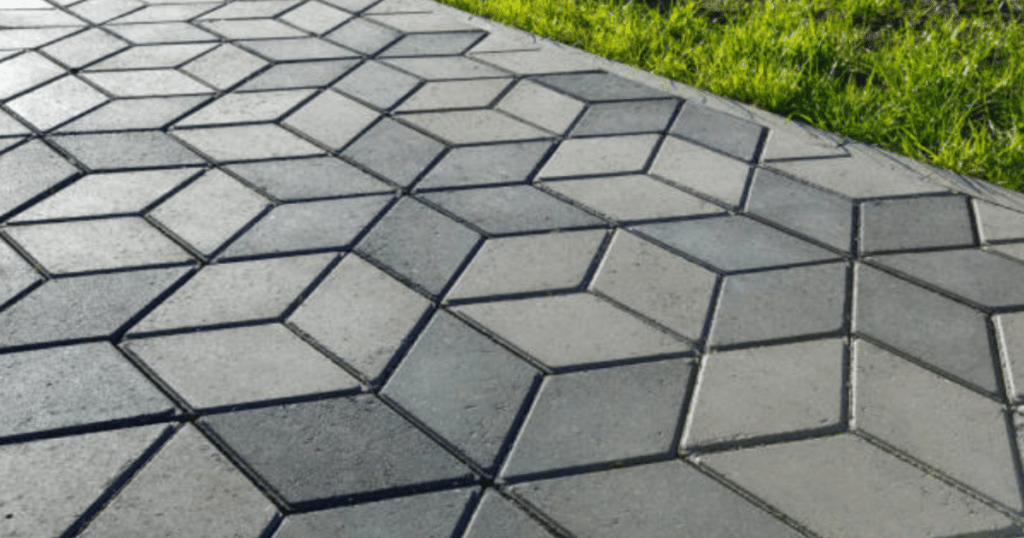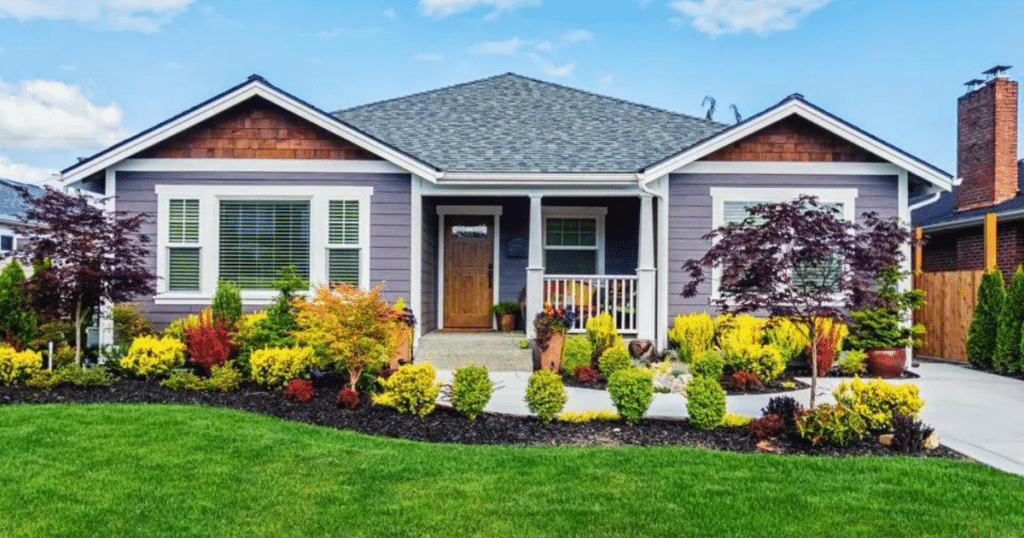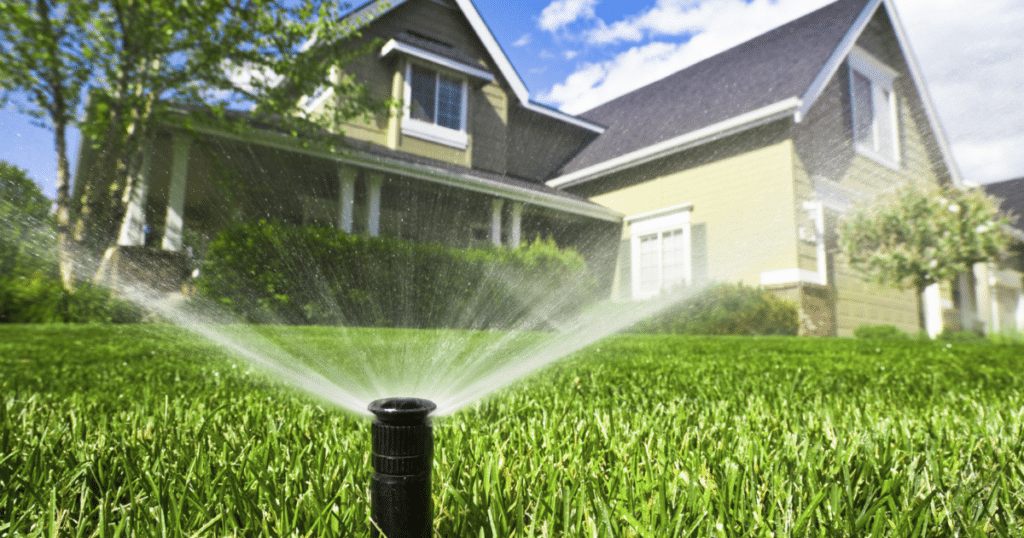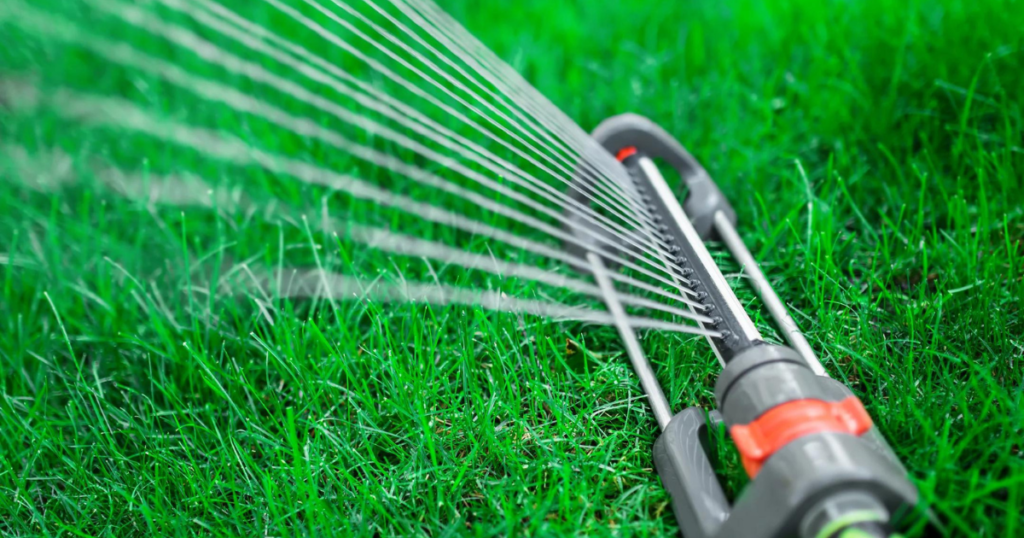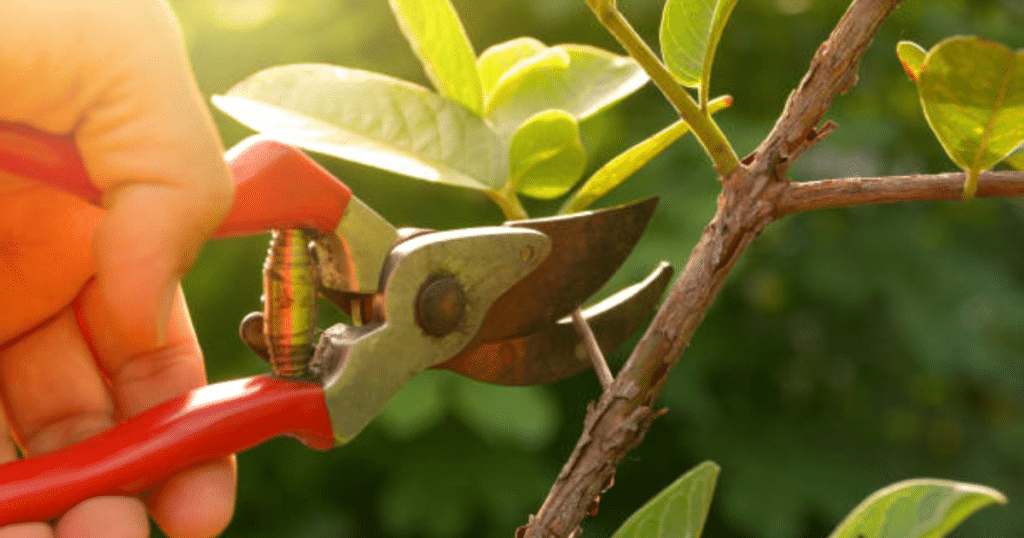Effective Weed Control
In the world of gardening, every penny saved is extremely important. While the allure of lush greenery and blooming blossoms can be enchanting, the costs associated with maintaining a garden can quickly add up. However, there exists a simple and often underestimated solution that not only benefits your plants but also your wallet: mulching.
Mulching, the practice of covering the soil surface around plants with a protective layer of organic or inorganic material, offers an abundance of benefits beyond its aesthetic appeal. From moisture retention to weed suppression, the advantages of mulching extend far beyond the surface. But perhaps one of its most overlooked benefits lies in its ability to save you money in the long run.
1. Water Conservation
One of the primary expenses in gardening is the cost of watering. However, by applying a layer of mulch, you create a barrier that helps retain moisture in the soil, reducing the frequency of watering needed. This not only conserves water but also lowers your water bill, leading to substantial savings over time.
2. Reduced Need for Fertilizers
Mulch acts as a natural fertilizer as it breaks down over time, releasing essential nutrients into the soil. By providing a steady supply of nutrients into the soil. By providing a steady supply of nutrients to your plants, mulch reduces the reliance on store-bought fertilizers, saving you money on costly chemical additives.
3. Weed Control
Weeding can be a tedious and time-consuming tasks, not to mention the cost of purchasing herbicides or weed control products. However, a thick layer of mulch serves as a barrier, smothering weeds and preventing them from germinating and taking root. By minimizing weed growth, mulching reduces the need for herbicides and manual weeding, ultimately saving you both time and money.
4. Protection Against Extreme Temperatures
Mulch acts as a natural insulator, regulating soil temperature and protecting plant roots from extreme heat and cold. This insulation effect reduces stress on plants, leading to healthier growth and increased resilience to environmental fluctuations. As a result, you’ll spend less on replacing damaged or struggling plants, saving you money on replacements and maintenance.
5. Soil Health and Longevity
Healthy soil is the foundation of a thriving garden, but maintaining soil health can be costly. Mulch improves soil structure, promotes microbial activity, and prevents erosion, creating an optimal environment for plant growth. By enhancing soil health, mulch reduces the need for expensive soil amendments and treatments, saving you money while fostering a sustainable garden ecosystem.
6. Long-Term Investment
While the upfront cost of mulch may seem like an additional expense, it’s important to view it as a long-term investment in your garden’s health and your financial well-being. The savings accrued from reduced eater usage, lower fertilizer and pesticide expenditures, and decreased plant replacement costs far outweigh the initial investment in mulch.
Mulching is not just a cosmetic enhancement for your garden; it’s a cost-effective strategy that can yield significant savings over time. By conserving water, suppressing weeds, enhancing soil health, and protecting plants from extreme conditions, mulch proves to be a wise investment for both your garden and your wallet. So, the next time you’re tempted to overlook the humble layer of mulch, remember the green savings it can offer and reap the rewards of a flourishing and financially efficient garden.

